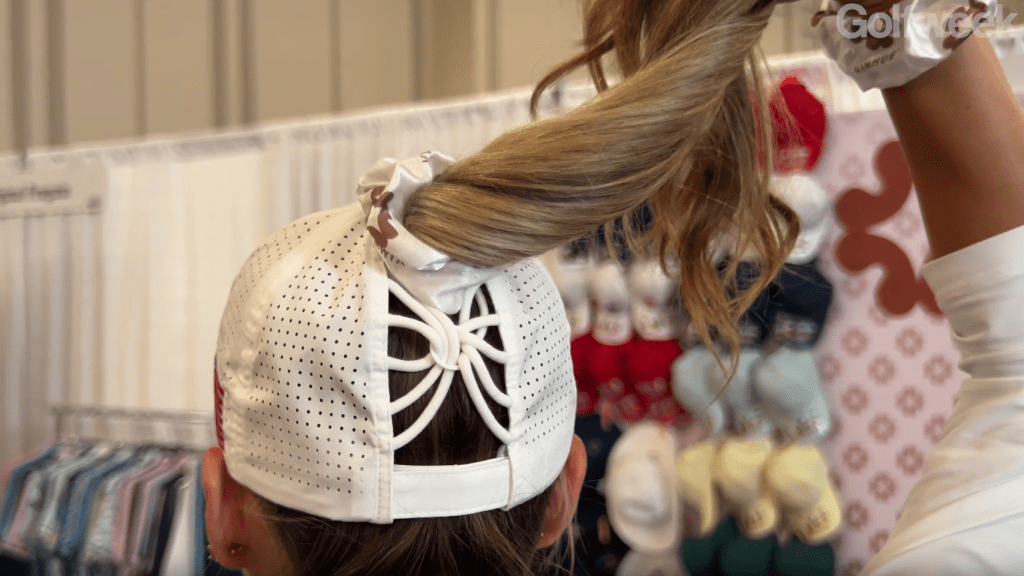[ad_1]
LANSING, Mich. — A lawsuit from a man who crashed his golf cart while descending a steep hill at the popular Treetops resort has failed to make the cut before the Michigan Court of Appeals.
Matthew Burchard sued for gross negligence after he lost control of his golf cart in 2019 while going down a steep hill on the third hole at “Threetops” — one of several courses at the popular northern Michigan resort near Gaylord. Burchard was ejected from the cart, which flipped and landed on him, according to a case summary included with an opinion released Friday by the Michigan Court of Appeals.
The three-judge panel upheld a lower court’s ruling dismissing the lawsuit, saying Burchard had been warned about how to carefully maneuver the hills and had signed a golf cart rental agreement that acknowledged potential dangers and waived all liability for the owners of the resort.
“Even if plaintiff did not read the release before signing it, his failure to do so would not warrant rescission of the release,” the court said.
Burchard testified in a deposition that he remembered going down the hill and finding that the cart was moving “a little faster than I like” to travel.
“So I applied the brakes,” he said in the deposition. “The brakes didn’t slow the golf cart down. So I applied the brakes harder. Golf cart still didn’t slow down. Then I put all my body weight on the brake pedal and then the golf cart still did not slow down. And I remember a sharp left turn coming up. And I remember waking up in the hospital a few days later.”
An employee of the golf course testified he warned Burchard and his group about the hills on the third and seventh holes and to not “lock the brakes” on the golf cart. If the brakes lock, the operator should give the cart a little gas to unlock them, he testified.
The court also heard evidence that the cart had recently passed a full safety and maintenance inspection.
Burchard was with about 15 other golfers in a bachelor party but had not consumed any alcohol that day, according to the case summary.
[ad_2]
Source link
This website aggregates and curates news articles, blog posts, and other content from a variety of external sources. While we aim to link back to the original source, this site does not own or claim ownership of any articles, posts, or other content indexed on this site. The views, opinions, and factual statements expressed in each piece of aggregated content belong solely to its respective author and publisher. We make no representations or warranties regarding the accuracy or completeness of aggregated content. Visitors are advised to verify facts and claims through the original source before reuse or redistribution.



